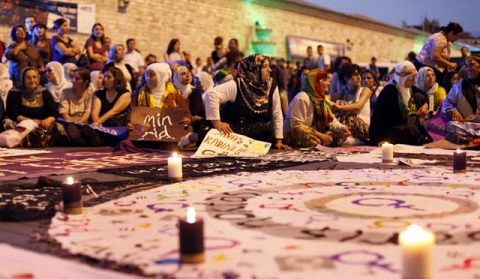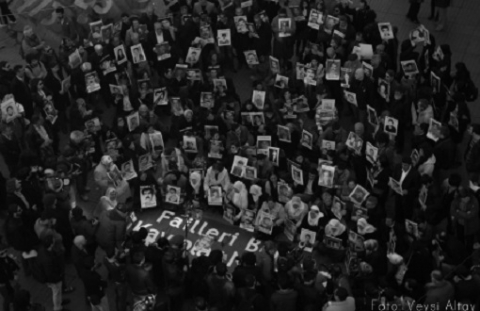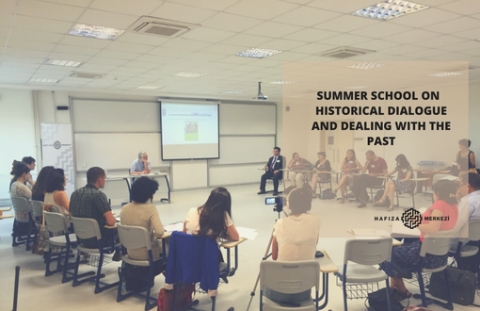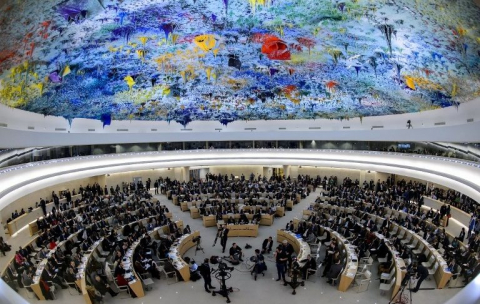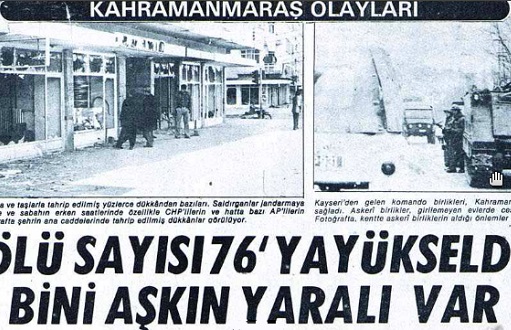
PM Erdoğan’s speech on the Dersim Massacre that was harshly criticized both in terms of its style and consequences; some statements in the report of the Parliamentary Coup and Memorandum Investigation Commission; the inquiry into the Dersim Massacre conducted by the sub-committee under the Petition Commission – effectiveness of which is highly debatable – … All these developments, brought on the agenda the historical massacres and human rights violations committed against Alevis.
Also, recently, upon President Abdullah Gül’s directive, the State Supervisory Council (DDK) initiated an investigation into the Sivas Massacre. However, most of the Alevi organizations express mistrust for this commission. Meanwhile, the release of the Sivas massacre defendants on the grounds of statute of limitations and the banning of the commemorations of Maraş and Sivas massacres are developments that indicate that the state’s approach to dealing with past crimes has not changed.
A civilian truth commission
In her article for the Milliyet daily, Bedriye Poyraz from Ankara University recommended that the massacres against Alevis should be investigated by a civil truth commission initiated by Alevi organizations themselves since the official steps taken so far have been inadequate. Poyraz, who thinks that the current government taking steps to establish an effective truth commission is not a realistic prospect, recommended the following:
“… such a commission should be initiated by the Alevi civil society organizations. The initial work of this commission might lay the ground and provide information for the future work of an official truth commission. This umbrella commission must be the coordinating body of the independent sub-commissions to look into different Alevi massacres. Each individual massacre should be independently investigated and then the truth should be made public. It would be important for the umbrella commission to include national and international experts with credibility to offer their international experiences and different methods for the working of such a commission.”
As for the method, Poyraz added: “The collection of documents relating to the Dersim massacre could be the first step. In this direction, court records are the most fundamental sources for the investigation of the Çorum, Maraş and Sivas massacres. Therefore first and foremost these court records need to be organized and a justice-based approach should be presented.”
New official history
Following Poyraz’s statements, Mehmet Ertan published an article on Bianet stating that rather than listening to the demands of Alevi organizations with regard to the steps for coming to terms with the past, the government is busy writing “a new official history”. Ertan supported the civilian truth commission idea by saying:
“The historical, political, economic, social and legal aspects of each and every Alevi massacre can only be revealed through the work of commissions initiated by Alevi organizations, supported by democratic civil society organizations, universities and independent researchers, and composed of expert researchers. Although the final report, which would be based on secondary sources such as relevant court records, testimonies and newspaper articles, would have no official sanction, by promoting a healthy ground for discussion, it can contribute to the forming of a public opinion.”
